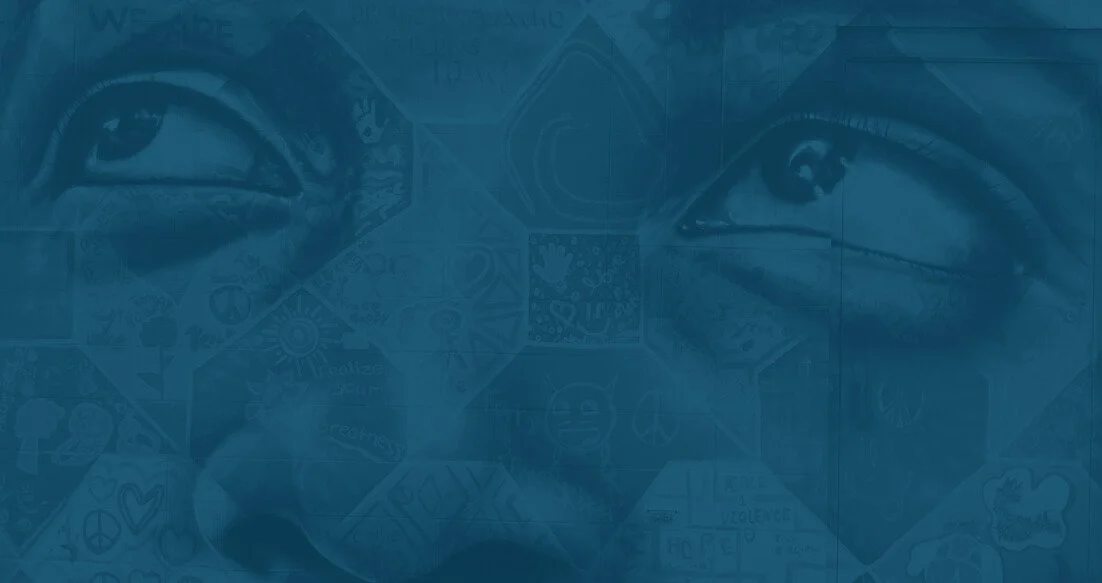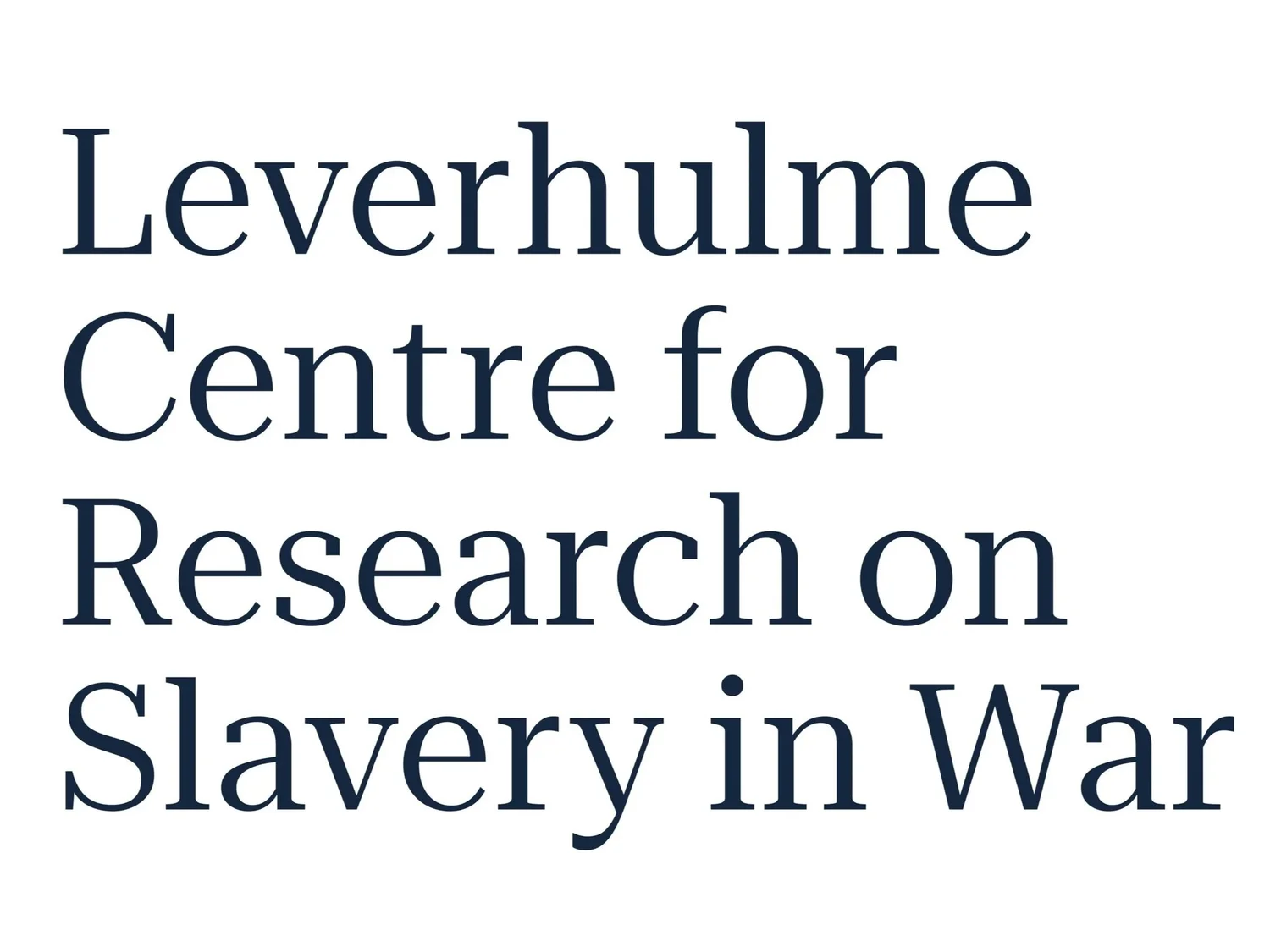The Leverhulme Centre for Research on Slavery in War
Transforming Understanding | Shaping a Free Future

The vast majority of contemporary conflicts involve some form of modern slavery. Yet the profound links between slavery and war remain underexplored, leaving governments, communities, international institutions and humanitarian actors ill-prepared to respond to their deep and long-lasting impacts.
The Leverhulme Centre for Research on Slavery in War is the world’s first major initiative to address this gap, bringing together leading researchers and practitioners to build a new field, transform global understanding, and drive real-world change. We will bring new conceptual and analytical approaches to a 5,000-year-old problem so we can transform its future.
Why Now? Why this Centre?
A Global Challenge: Slavery in war remains rampant and poorly understood. With more active conflicts in the world than at any time since the Second World War, the ILO estimates that slavery is increasing globally in part as a result of conflict. From forced labour and child soldiers to sexual exploitation and trafficking, the practices and impacts of slavery in conflict zones are vast and complex.
A Transformative Mission: The Centre will be the first to systematically investigate the slavery-war nexus across history and into the future, with interdisciplinary methods and sources that span the social sciences, humanities, and data sciences — including novel forecasting techniques, survivor narratives, and Earth Observation data analysis.
A Step-Change in Response: By reshaping and creating innovative tools and early warning systems, the Centre aims to support the global goal of eliminating forced labour, modern slavery, and human trafficking. Our future-oriented methodologies aim to transform early warning of slavery practices within shifting conflict dynamics, while close engagement with local communities will ensure human-centric and survivor-informed response strategies.
This Centre promises something truly transformative: to change how we think about both war and slavery—past, present and future—and how to tackle their complex interconnections, intersectionalities, and implications. The time for a Centre of this originality, purpose, and ambition is now.
Professor Bashir M. Al-Hashimi, Vice President (Research & Innovation), King’s College London
Professor Tom Rodden, Pro-Vice Chancellor for Research and Knowledge Exchange, University of Nottingham
Our Vision and Approach
The Leverhulme Centre for Research on Slavery in War is a ten-year, £10 million initiative, jointly led by King’s College London’s School of Security Studies and the University of Nottingham’s Rights Lab.
Interdisciplinary Excellence: Drawing on world-leading expertise in war studies, modern slavery studies, law, geography, political theory, international relations, political science, digital humanities, and data science, the Centre bridges disciplines to generate new insights and solutions.
Global and Historical Reach: Our research spans historical conflicts to contemporary crises, and into the future via innovative predictive models that forecast the risks of slavery in emerging conflicts. We will examine how slavery has been weaponised in war and how it shapes societies, economies, and legal frameworks across time and place.
Innovative Methodologies: We combine survivor voices, historical and legal analysis, satellite imagery, future methods, ‘peace-gaming’, and AI-powered forecasting to uncover patterns, drivers, and consequences of slavery-in-war —pioneering approaches that can inform early intervention and prevention.
Four Pillars of Research
Impact & Engagement
Policy and Practice — The Centre’s findings will shape policymaking, military strategy, humanitarian aid, and transitional justice — ensuring that slavery and war is recognised and addressed as a central issue in global conflict response.
Survivor-Centred — Survivor narratives and lived experience are at the heart of our research, guiding priorities and ensuring relevance and impact for those most affected.
Building Capacity — With a focus on early-career research development, the Centre will nurture a new generation of scholars and practitioners, equipped to lead future work on slavery in war.
Global Partnerships — The Centre brings together a vibrant network of academic, governmental, civil society, and survivor-led organisations, ensuring that research translates to meaningful action.




